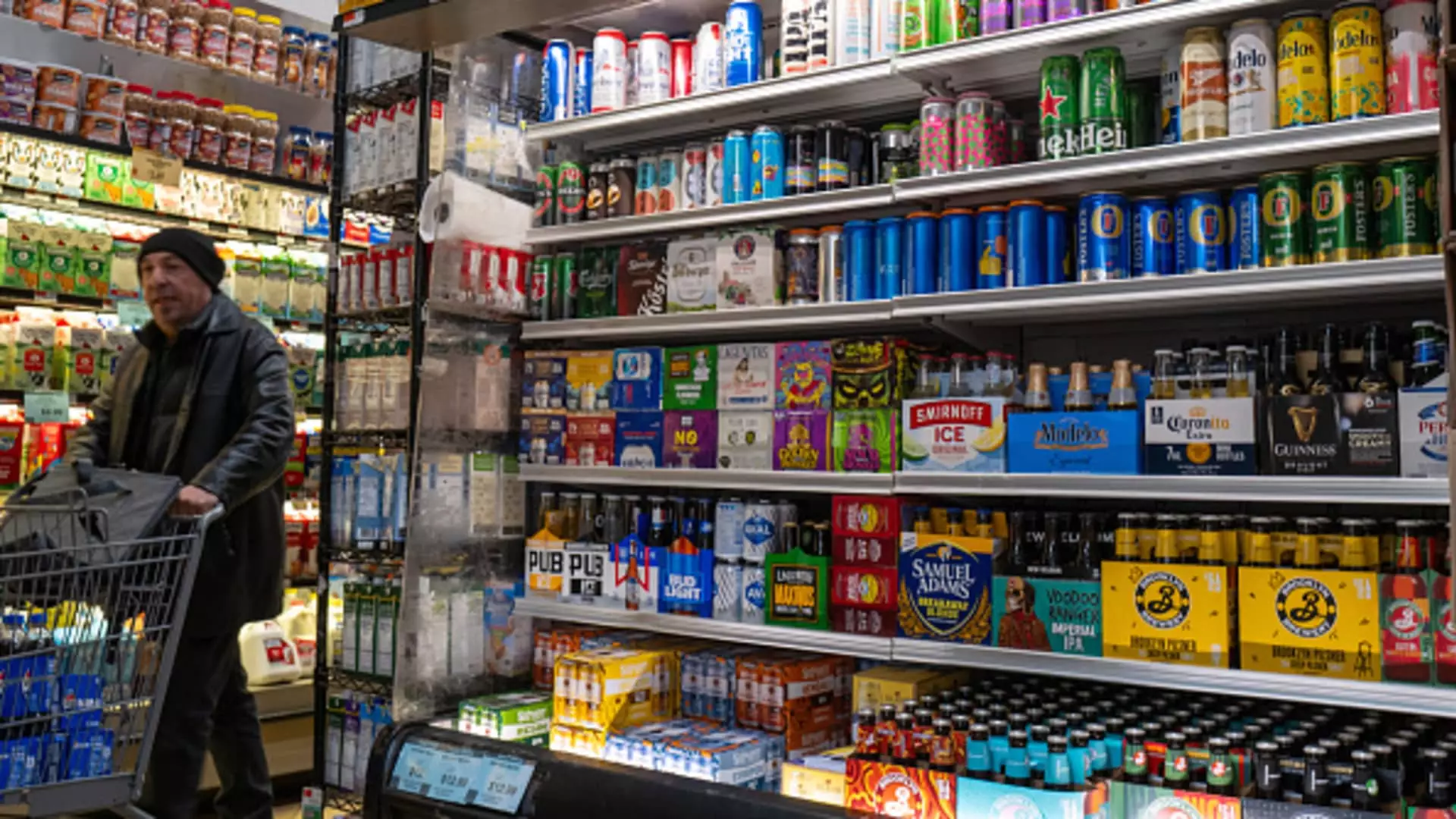In a significant advisory issued on Friday, U.S. Surgeon General Dr. Vivek Murthy highlighted the alarming connection between alcohol consumption and an increased risk of cancer. This announcement is a wake-up call to the American public, urging individuals to reconsider their drinking habits in the light of compelling scientific evidence linking alcohol to at least seven types of cancer, which includes breast, colorectal, and liver cancers. The advisory calls for immediate policy reforms aimed at reducing the incidence of alcohol-related cancers, emphasizing the gravity of this public health issue.
Dr. Murthy delineates a “well-established” correlation between alcohol and various cancers, asserting that even modest alcohol consumption can be problematic. For instance, research indicates that the risk for cancers such as breast and throat may begin to elevate with just one drink per day. This alarming statistic demonstrates that the threshold for acceptable consumption may be lower than many believe, challenging conventional norms around social drinking. Alcohol’s classification as the third leading preventable cause of cancer in the United States—trailing only tobacco and obesity—further underscores the urgency of addressing this public health concern.
To combat the overshadowed risks associated with alcohol consumption, Dr. Murthy’s advisory suggests several key policy initiatives. Notably, he advocates for more conspicuous labeling on alcoholic beverages that explicitly warns consumers about the cancer-associated risks. The Surgeon General proposes a reevaluation of the recommended limits for alcohol consumption, aligning them with the latest research findings, as well as an expansion of educational efforts to raise general awareness regarding these dangers. Such policies echo the earlier successful campaigns against tobacco use, which included mandatory health warnings on packaging.
Despite the overwhelming evidence presented, a troubling disconnect exists between awareness and understanding among the general populace. In a survey conducted between 2019 and 2020, it was revealed that while 72% of U.S. adults reported consuming at least one alcoholic drink per week, less than half acknowledged the cancer risks associated with such consumption. This gap in knowledge is concerning, particularly considering that roughly 100,000 cancer cases and about 20,000 deaths each year in the U.S. can be directly linked to alcohol usage. The Surgeon General emphasizes that these figures far exceed the combined fatalities from alcohol-related traffic incidents, which underscores the alarming absence of public awareness regarding alcohol’s health implications.
Globally, the statistics are equally troubling. In 2020, an estimated 741,300 cases of cancer were attributed to alcohol consumption worldwide, signifying a pervasive public health dilemma that transcends geographical boundaries. Furthermore, the advisory points out that those who succumb to alcohol-related cancers lose an average of 15 years of life, highlighting the devastating long-term consequences of alcohol usage. As these statistics paint a bleak picture, they also highlight the need for urgent intervention and increased public education.
Interestingly, there is evidence suggesting that younger Americans are increasingly distancing themselves from alcohol. According to a recent Gallup survey, about two-thirds of adults aged 18 to 34 believe that alcohol consumption adversely impacts their health. This stands in stark contrast to sentiments from older demographics, with only a minority of adults aged 35 and older expressing similar concerns. The trend of younger generations gravitating towards nonalcoholic alternatives reflects a significant cultural shift, potentially paving the way for more substantial changes in societal attitudes toward drinking.
The Surgeon General’s advisory serves as a crucial reminder of the often-overlooked dangers associated with alcohol consumption. With clear links to several types of cancer and widespread public unawareness of these risks, it is imperative that discussions around alcohol consumption become more prevalent. By advocating for policy changes and raising awareness, the aim should be to spark a conversation that motivates individuals to reconsider their drinking choices, fostering a healthier future for all. As society continues to evolve, the urgency to address the cancer risks tied to alcohol will only intensify, making it essential to seize this opportunity for education and change.

